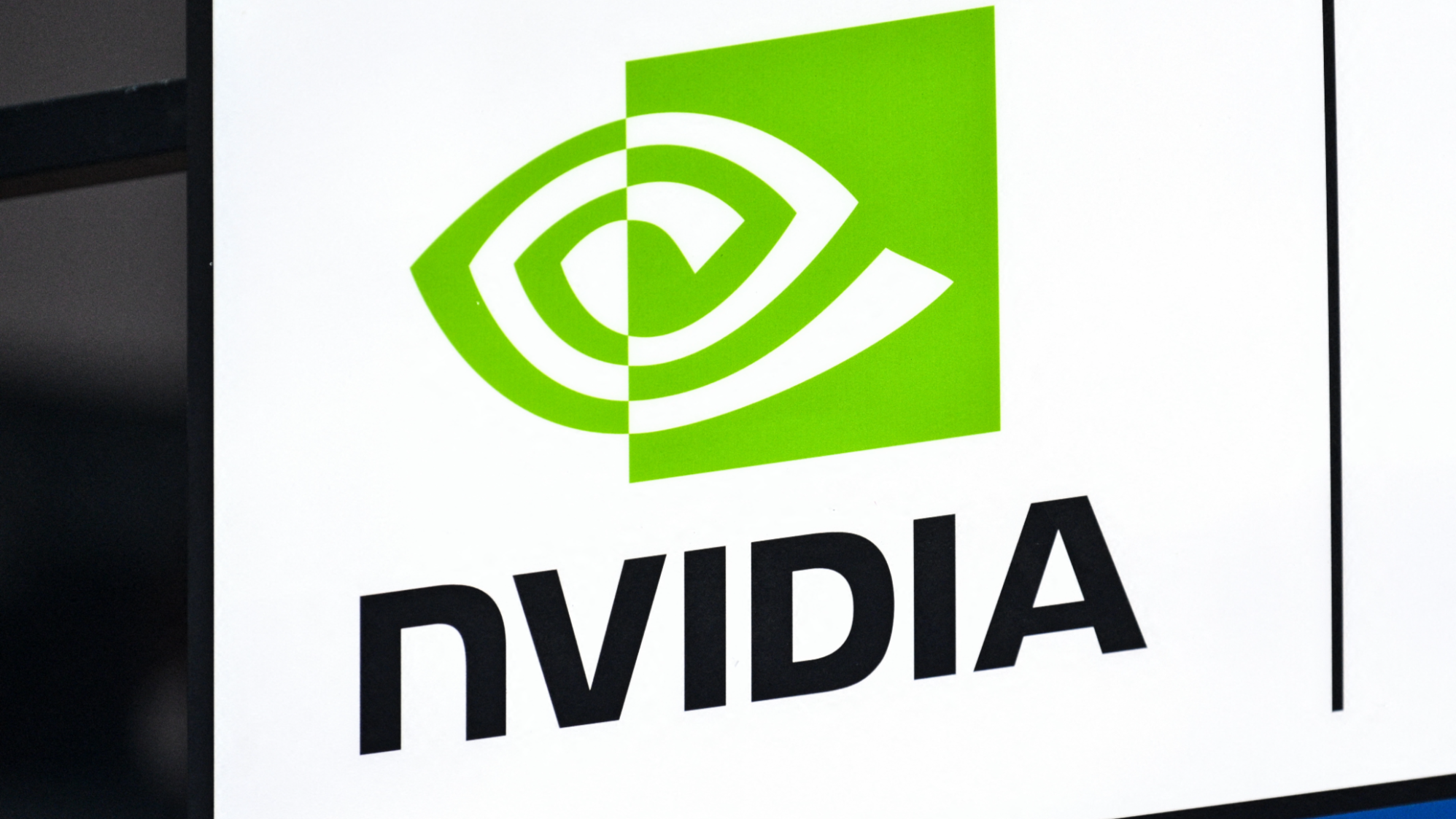
BEIJING - Chinese tech giant Huawei has announced the full open-source release of its Ascend chip software ecosystem, aiming to support users to explore its deep potential and undertake customized development independently.
Known as CANN (Compute Architecture for Neural Networks), the software serves as a bridge between high-level AI training frameworks and Ascend chips, allowing its users to access the computing power without dealing with chip-level complexities.
The announcement was made at an Ascend computing industry summit held in Beijing on Tuesday. Representatives of leading AI enterprises, universities, research institutions and Huawei partners launched an initiative to develop the CANN open-source ecosystem, aiming to unite industry strengths, explore the frontiers of AI and build a thriving chip ecosystem.
READ MORE: Huawei sto make waves with advanced chip
Huawei's Rotating Chairman Xu Zhijun said that computing power remains at the core of the company's AI strategy.

Almost every major computing power card company has a similar software. However, unlike CUDA, which is a closed-source ecosystem that was developed by US chipmaker Nvidia over nearly two decades, Huawei's CANN has taken a completely different path by embracing open source.
Huawei told Xinhua that after seven years of development, CANN has achieved key breakthroughs in computing optimization, communication efficiency and memory management. It is now capable of providing computing power support throughout the entire AI-model training and deployment process.
READ MORE: Firms seek training with Chinese chips
The release of CANN is Huawei's latest step in sharing its self-developed technologies with the public. The company has already open-sourced its HarmonyOS operating system and MindSpore AI framework.


